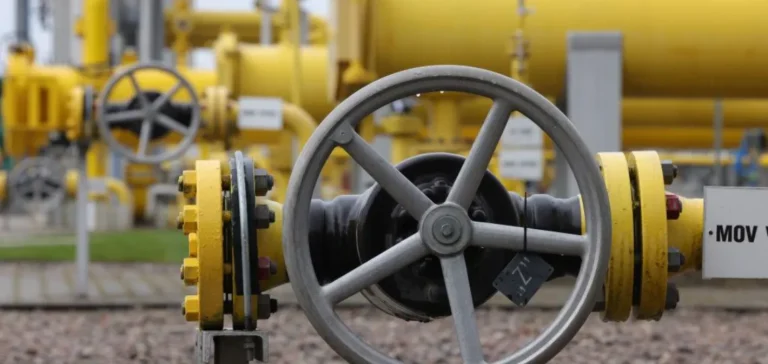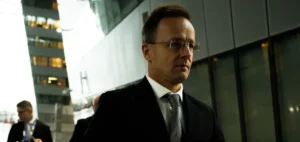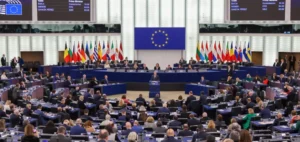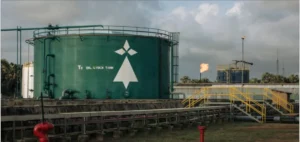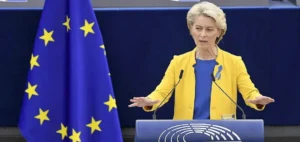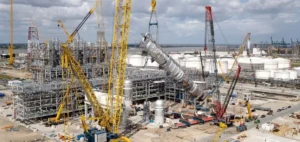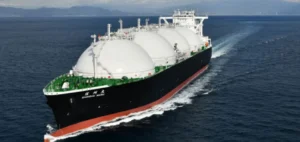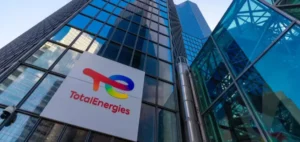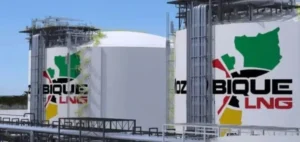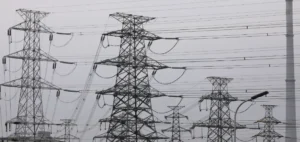Poland has reached full capacity in its natural gas storage facilities, Energy Minister Miłosz Motyka announced, positioning the country as the most advanced in terms of strategic reserves within the European Union. This 100% level exceeds the minimum regulatory requirements defined by EU directives on energy preparedness.
The minister stated that this maximum capacity provides a safeguard amid ongoing tensions in European energy markets. Current EU directives require member states to fill at least 90% of their gas storage by the start of the heating season. Poland has surpassed this threshold, pre-empting discussions on strengthening the common regulatory framework.
A European legal framework under revision
This announcement comes as European institutions finalise revisions to the regulation on gas supply security, particularly in response to supply disruptions since 2022. The European Commission is currently assessing whether to make permanent the annual storage obligation introduced as an emergency measure following the invasion of Ukraine.
Poland, having ended all direct imports of Russian gas, has built diversified infrastructure such as the Świnoujście LNG terminal and several cross-border interconnections. These facilities enabled the country to reach maximum capacity without breaching the EU rules on fair access to storage facilities.
Pressure to strengthen collective commitments
Last week, Miłosz Motyka urged his EU counterparts to reinforce collective measures against Russian hydrocarbon imports by bringing forward the current end-2027 deadline for crude oil. This stance aims to accelerate regulatory alignment among member states with the strategic goal of reducing energy dependence.
Warsaw also supports a revision of the gas solidarity mechanisms between member states, arguing that national storage stability must be matched by a stronger legal framework for resource sharing in case of supply crises.


